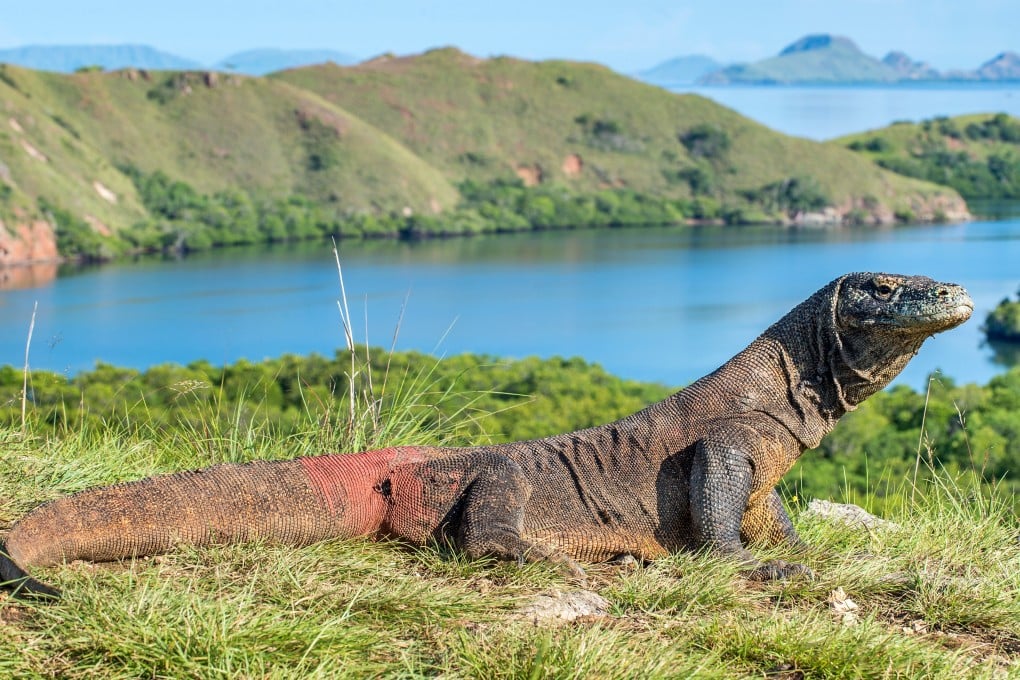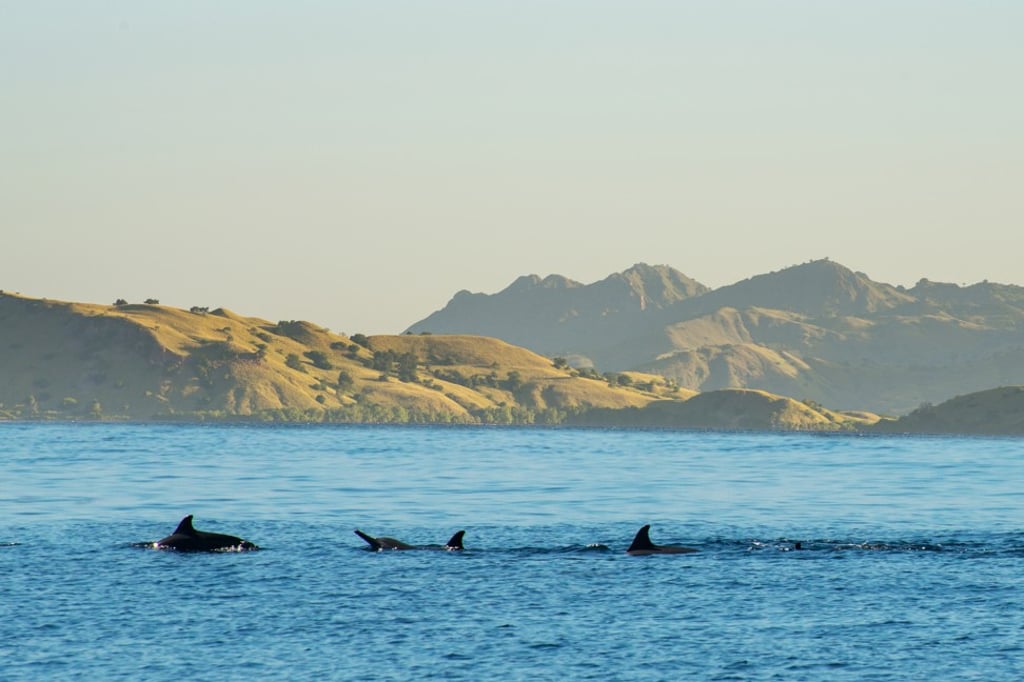Destinations known | Komodo National Park is staying open, but at US$1,000 to visit its dragons, will anyone go?
- After months of uncertainty, the Indonesian government has announced that the popular destination will not be closing to tourists
- Instead, the number of visitors will be limited and a two-tier ‘membership’ scheme will be implemented

It has been a turbulent year for the residents of Indonesia’s Komodo National Park, although the reptilians among them would have been oblivious as the humans have waited to hear what lies in store for their home.
Then in March, spokesman Marius Jelamu restated East Nusa Tenggara’s intention, telling online news platform Tempo that: “Komodo Island will be shut down temporarily in January,” this time because the dragons “were being poached”. Wayan Darmawa, head of East Nusa Tenggara tourism, confirmed the decision in July. “It is definite; we have decided to close Komodo Island next year,” he told Indonesia’s national news agency, Antara.
Only it was far from definite, or popular, the announcement sparking protests from the human inhabitants of Komodo Island and exasperating environmentalists and the tourism industry.

Now, after 10 months of uncertainty, the central government and East Nusa Tenggara officials appear to have come to an agreement; the park will stay open. “[The number of] Komodo dragons on Komodo Island during 2002 to 2019 observations has been relatively stable,” environment and forestry minister Siti Nurbaya Bakar told Reuters. “There is no threat of decline.”
